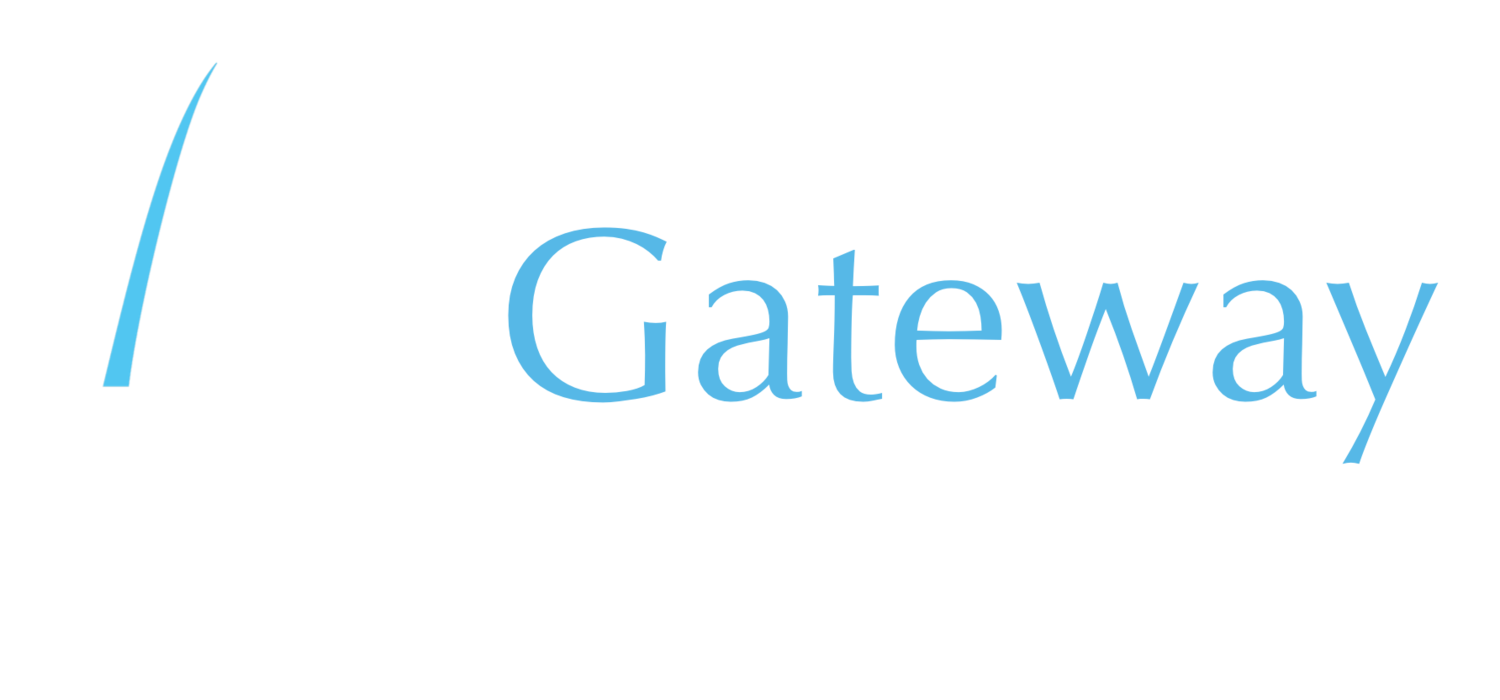What is Forensic Neuropsychology?
Neuropsychologists have a unique expertise that is relevant to legal institutions and people who come into contact with the law. Building on general clinical assessment principles, forensic neuropsychology applies the analysis of brain-behavior relationships to specific questions within the legal system. Because of the involvement of the legal system, these questions are addressed in a somewhat different manner than purely clinical evaluations. Examples of forensic neuropsychology applications include the following:
- Independent medical examination (IME) of the presence and extent of cognitive, behavioral, and emotional impairment subsequent to alleged or known head injury
- Examination of learning disability and protections afforded by the Individuals with Disabilities Education Act
- Objective neuropsychological case review of medical records, raw test data, and neuropsychological reports to discuss the merits of a case
- Assessment of a client's fiduciary competency
- Determination of medical decision making capacity
- Disability determination
- Fitness-for-Duty Evaluation
- Workers Compensation

